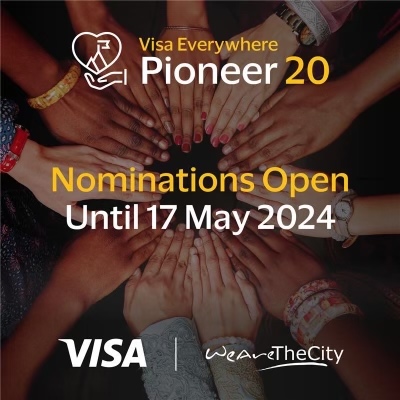Enter the iconic, original, and fun night-time Walk organised by breast cancer charity Walk the Walk!
The MoonWalk London LIVE*… Half Marathon Plus 15.1 or Full Marathon 26.2 miles… the choice is yours!
Help Walk the Walk navigate a path towards prevention against cancer, towards helping those being diagnosed every day with the emotional and physical challenges of cancer, and to do what we can towards achieving better outcomes and earlier diagnosis.
Plus, do something for yourself, being active is now recognised as a key aspect of health and well-being!
Join us on our fun 5K Zoom Walk the morning before the big night, Sat 18 May!
What are you waiting for… Start Walking the Walk today… Every mile you walk and every penny you raise will make a difference!
Reserve your spot here.




















